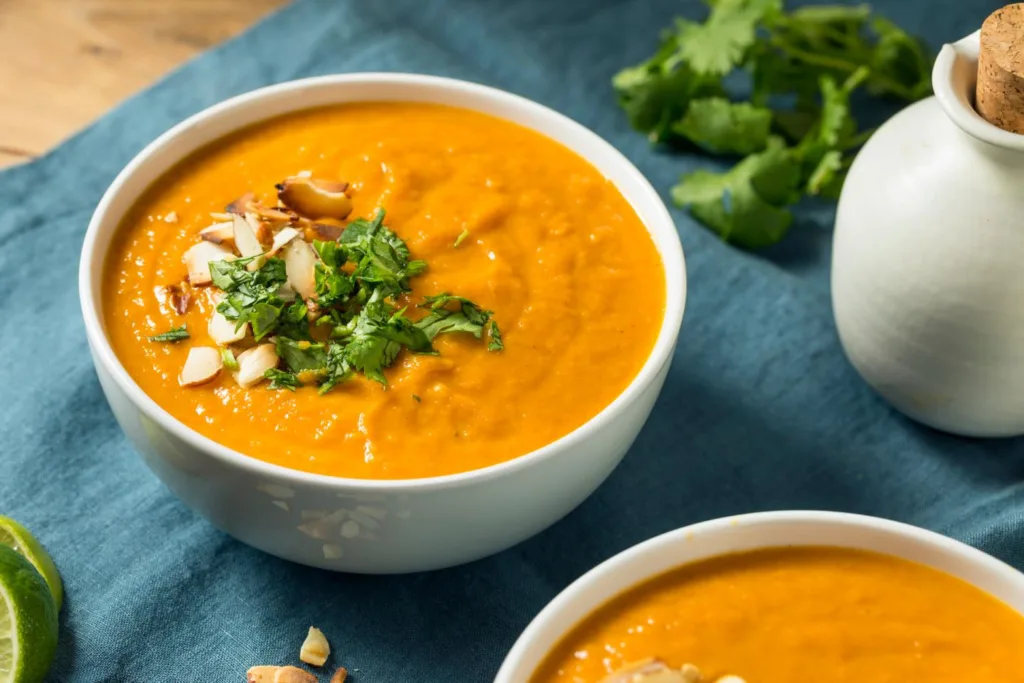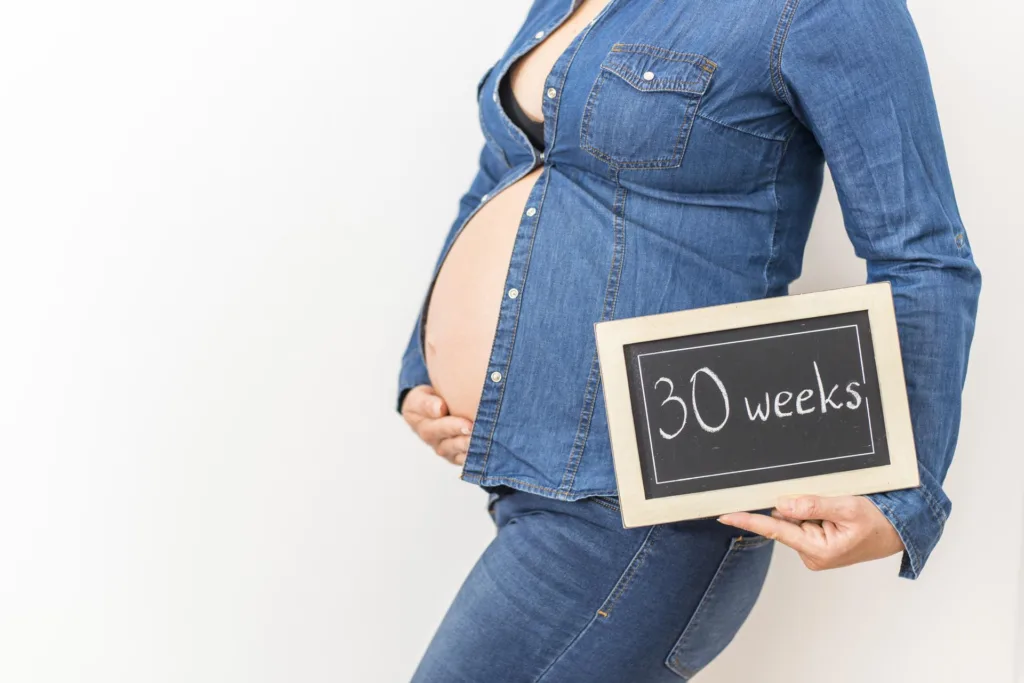Table of Contents
Drinking water while fasting is usually considered normal, but it doesn’t apply to all cases. The rules change depending on what kind of fast you’re doing. In this article, we’ll clear up all confusion about drinking water during different fasting diets and fasting before medical tests or other procedures, including basic metabolic panel fasting.
We’ll also take a look at the medical definition of fasting and make sure you know things not to do before a blood test.
Delving deeper: Medical definition of fasting
Fasting is when you don’t eat or drink anything for some time (1).
In medical cases, you sometimes need to do this before blood work.
Basic metabolic panel and fasting: Maximizing accuracy
A basic metabolic panel (BMP) is a group of blood tests that give you the lowdown on how your body’s metabolism is doing. It’s a common panel of tests that helps spot any potential issues in certain organs like kidneys (2).
Actually, BMP may be part of your regular checkup, but it is not always necessary. Here’s what BMP tests for (2):
- Glucose, a kind of sugar and the main source of energy for your body.
- Calcium, a mineral that is essential for the proper functioning of your nerves, muscles, and heart.
- Electrolytes, including sodium, potassium, carbon dioxide, and chloride – Minerals that help control your body’s fluid amount and pH balance.
- BUN (blood urea nitrogen) and creatinine – waste products that are removed from your blood by your kidneys.
There is also an extended version of BMP called a comprehensive metabolic panel (CMP). Basically, a CMP has all the same tests as a BMP, plus six extra tests to measure some proteins and enzymes in the liver (2, 3).
Proper hydration may help the technician find your vein for a blood test.
Yet what you eat and drink (except water) ends up in your bloodstream and can mess up your test results. For this reason, your doctor will ask you to fast for at least eight hours (normally 8‒12 hours) (2, 4).
If you’ve had anything to munch or sip on besides water, give your blood-taker a heads up. It may help them read your tests precisely, or they might ask you to reschedule for better results.
Doctors usually get these tests done early in the morning so you can get most of the fasting done while you’re sleeping. If you have an appointment at 8 am, just hit the sack and sleep it off. If you need to fast for 12 hours, don’t eat anything after 8 pm the night before.
What does it mean to fast before blood work? Other medical procedures
Besides BMP and CMP, there are also certain blood tests that require a water-only diet:
- Lipoprotein panel: Measures cholesterol and triglycerides, a type of fat. Also called a lipid panel or lipid profile. Your lipid levels might insignificantly change if you don’t fast before the test. Yet it’s still probably best to fast for 9‒12 hours if you want to make sure your triglyceride levels are high and stable enough (5, 6).
- Renal function panel: A comprehensive panel to measure your kidney function. You’ll need to get a blood test, and you might need to fast for some hours beforehand (7, 8).
- Iron test: Check if your iron levels are too low or too high. You will need to fast for 12 hours (9).
- Vitamin B test: Measures how much of the 8 types of vitamin B complex are in your blood to determine if you’ve got anemia or any other issues. You will follow a fasting regimen for 6‒8 hours (10).
In other medical procedures like surgery, you may need to fast 10‒12 hours beforehand (11). This type of fasting makes sure your stomach is empty when you go in for surgery. This step will lower the chances of vomiting and aspiration (12).
Normally, your body stops your stomach contents from going into your lungs. However, during surgery, anesthesia can make your body lose this ability, and liquids may worsen the problem (11).
When food or stomach acids get into your lungs, that can cause lung damage and infections (11).
You can usually drink water 1‒2 hours before the surgery (11, 13). But make sure you listen to your doctor’s instructions and ask them if you need clarification or have any concerns.
After finishing your procedures, try not to indulge in a huge meal. Your body may not be ready after a long fast, so open your eating period with a smoothie or a small meal.
A basic metabolic panel is a common checkup procedure that requires a fast for at least eight hours beforehand, but you are allowed to drink water. Some other blood tests may also need you fast for an accurate result. And if you’re heading to surgery, don’t drink water 2 hours before.
Can you drink water while fasting?
People have been fasting for ages, mostly for religious reasons. Nowadays, many are using it to drop some pounds.
Water intake normally helps keep those hunger pangs away longer, maintain electrolyte balance, and make sure you’re staying hydrated (14).
Our bodies need water to survive (14). But when it comes to different ways of fasting, the answer isn’t always a clear “Yes.”

Intermittent fasting: Rules of drinking water while fasting
Intermittent fasting (IF) has become a pound-shedding trend lately. This is because it offers a departure from strict diet rules (like keto, vegetarian, or low-carb). Basically, you just eat and don’t eat at specific times of the day (15).
This eating pattern can boost your hormones called insulin and leptin sensitivity (16, 17). This means your body will be better at storing nutrients and maintaining a satiated state.
On top of that, IF can support your brain health, aid in reducing inflammation, and keep your appetite under control (18, 19, 20).
So can you still reap these benefits if you sip water while fasting?
The answer is yes (21). In fact, it’s recommended to stay hydrated when you fast.
It is because 22% of our daily water comes from our food (22). So the fasting window can make us dehydrated.
Even mild dehydration (as little as 2%) can cause athletes to perform worse physically. This can weaken your stamina while driving fatigue. Rehydrating can help reverse these effects and reduce the stress put on your body (22).
Water is calorie-free and carb-free. It can also help you control your cravings without ruining your fast (23). If your drink has more than a handful of calories per cup, it will probably bring your fast to a close.
Yet sometimes, you may feel thirsty for something more exciting than plain water. Some tasty drinks won’t interrupt your fasting window, including (23, 24):
- Flavored water: Infuse your water with fruit slices (e.g., lemons) or herbs (e.g., mints) to make it more appealing.
- Seltzer water: It is also called sparkling water, club soda, or carbonated water. This drink contains a pinch of salt to make it less acidic. Yet diet soda is not a good choice (25).
- Black coffee (without sugar): Savor your cup of joe with almost zero calories and the power to quell your cravings. Yet it won’t help with hydration (26, 27).
- Unsweetened tea: Coming in various flavors and types, this zero-calorie drink may make your fasting routine more enjoyable (28).
- Plain apple cider vinegar: ACV can be used to support digestion and manage your blood sugar levels (29).
Dry fasting: Does fasting include liquids?
Dry fasting is pretty strict—you can’t have any food, liquids, or water, unlike most fasts, which usually let you drink water.
Some people might do this for either religious or medical reasons. When Muslims fast during Ramadan, they don’t eat or drink anything from sunrise to sunset for that whole month (30).
Fasting may boost autophagy, in which your body takes apart and recycles old parts of your cells (31). However, not drinking water for a long time can seriously dehydrate you. So it’s always a good idea to talk with a doctor before you try it.
Severe dehydration can increase the risk of other complications and be life-threatening. If you are experiencing any of these symptoms, you should seek medical help (27, 32):
- Weakness or dizziness
- Confusion or sunken eyes
- Lack of urination
- Dark yellow, strong-smelling urine
- Rapid breathing
- Rapid heartbeat
- Shock or fainting
In intermittent fasting, water is encouraged to stay hydrated and combat cravings. Tea, coffee, ACV, and different types of water are still allowed. Yet with dry fasting, you can’t drink anything which may become dangerous.
Foods to avoid the night before blood test
Blood tests are one of the most common types of medical tests (33). Many of them require fasting the night before, but is there any exception?
The key principle is simple: Just stick to water and nothing else (4).

Will diet soda break a fast for blood work? What can you drink?
Unfortunately, soda is off-limits. All those fancy drinks like soda, juice, tea, coffee, milk, sports drinks, smoothies, and anything that can get in your bloodstream will mess up your test results (4).
Even fancy sparkling water with salt and bicarbonate is not allowed. You need the basics: just plain cold water.
Also, don’t get tricked by the “water” part in coconut water. Coconut water contains carbs and will wreck your fast (34).
Ate a mint before the blood test (And other hidden culprits)
Don’t eat any mints before a blood test that requires you to fast. That mint contains many vitamins and antioxidants, plus carbs that’ll interfere with your results (35).
Plus, chewing gum is absolutely not allowed before you get your blood drawn. It is full of artificial sweeteners and flavors (4, 36).
So, if you’re unsure, you should ask your doctor before doing it.
Things not to do before the blood test
There are a few things you need to avoid before a blood test (36):
- Avoid stuffing yourself with greasy and oily food or overeating a few days before your test.
- Steer clear of intense workouts or sexual activity.
- Make sure not to use alcohol and cigarettes for a whole day.
- Don’t miss any doses of your medication unless your doctor advises you otherwise. You don’t have to worry about taking daily meds like blood thinners. And if you’ve got a headache, it’s totally fine to pop an ibuprofen.
Can you chew gum before blood work?
No, you shouldn’t even have sugarless gum. It can stimulate your GI tract, thus messing up your test results even if you don’t have to fast for the blood work. Make sure you get the most accurate results.
Can you drink water on 16:8 fasting?
When you’re doing that long 16:8-hour fast (an extended form of intermittent fasting), make sure you’re drinking plenty of water for hydration. Also, water has no calories; thus, it won’t mess up your fasting mojo.
Do you need to fast for a CMP blood test?
If you want your CMP test results to be reliable, you might need to do some fasting beforehand. That means no eating or drinking anything for at least 8 hours before the test. This way, we can get accurate measurements of glucose, lipids, and other blood markers that could be affected by the foods you’ve eaten recently.
Do you fast for CMP?
To get an accurate CMP result, everyone must fast beforehand. Eating anything will mess up your results and ruin all your efforts. If you accidentally eat something, make sure to tell the person taking your blood.
Will diet soda break a fast for blood work?
Diet sodas might not have any calories, but they have some sketchy artificial sweeteners and carbon dioxide gas. Those sweeteners could affect your insulin sensitivity, appetite, and gut bacteria. All of them are not good for your blood test.
Summary
Now we’ve you covered with types of water to drink while fasting. Let’s recap the crucial details:

















Comments
0